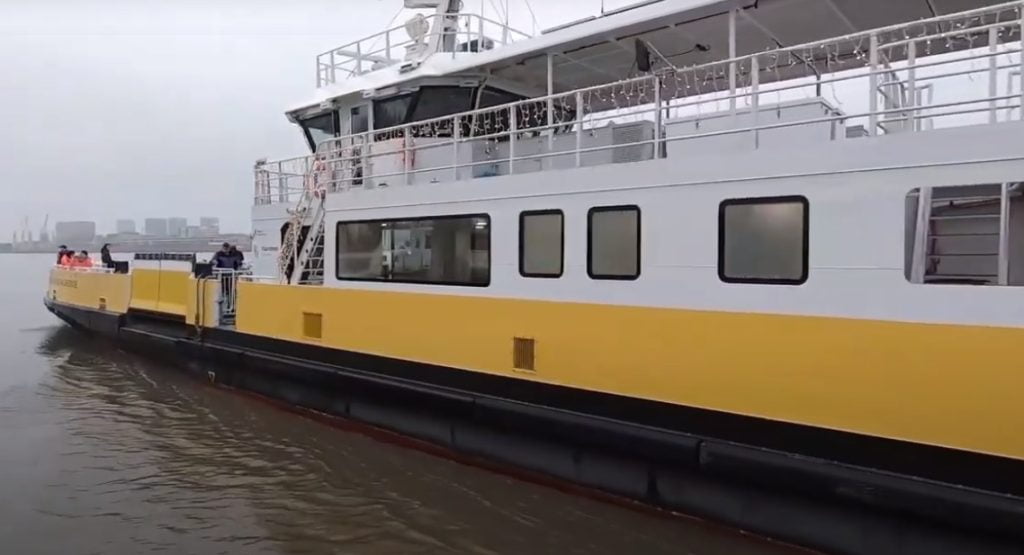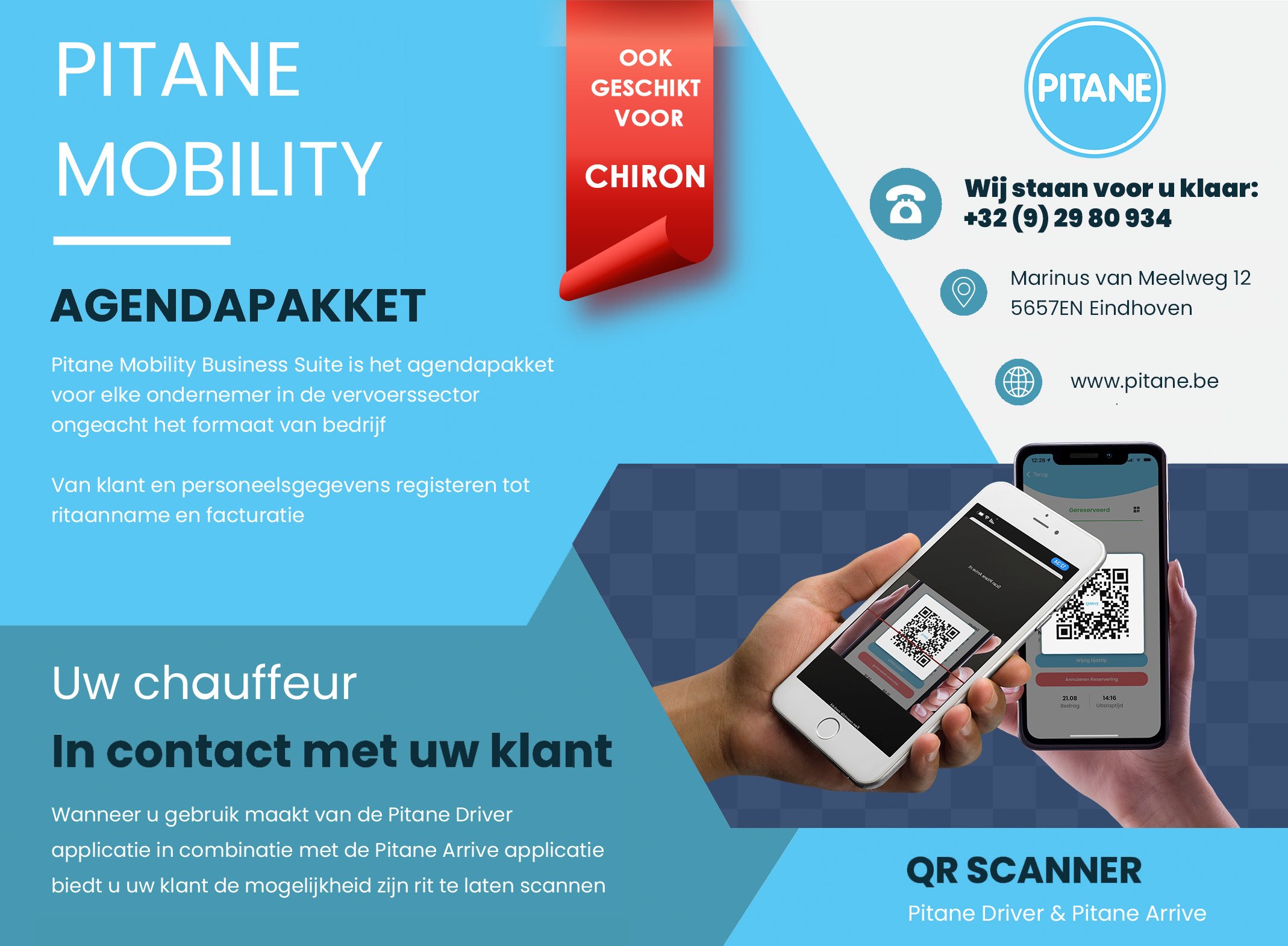This mobility switch requires collaboration between various players in the public transport of one region.
The Agency for Maritime Services and Coast (MDK) has been appointed by the Flemish government since 2020 as responsible for public transport over water. “Our first challenge was to bring that fragmented landscape together,” says Thomas Gerets. “For example, several ferry services were already active in Ostend, Antwerp and on the Ghent-Terneuzen Canal under our Fleet department. But there were also many smaller ferries from De Vlaamse Waterweg and the Antwerp Port Authority's Waterbus. We are now collecting all these initiatives under MDK, so that we can work out a uniform policy. We hope to complete this integration process in 2023.”
According to our source Magazine Personenvervoer, Flanders wants to use the mobility switch to focus on more efficient, sustainable and flexible public transport. “The idea of basic mobility has always been that a public transport stop should always be available within a certain maximum distance from your home. With the mobility switch, Flanders is focusing on more efficient, sustainable and flexible public transport. We do this by better matching the supply and demand of public transport. In places with a higher transport demand, the frequency of public transport will be increased. Flex transport will be introduced in less crowded places. By better matching the demand and supply of public transport, for example, fewer empty buses and trams will be driving around and busy lines will be better served.”
“This mobility switch requires collaboration between various players in the public transport of one region, the so-called transport region. MDK is an integral part of this with its public transport over water. By sitting together with all the players and the local authorities, we can better map the demand and come up with better solutions through combi-mobility. To this end, we are working hard on better and faster connections between the various transport systems.”
“By aligning everything as closely as possible, we also contribute to the modal shift, which is one of the most important objectives of the Flemish government. Passenger transport by water can play a crucial role in this. By planning ferry services smartly, we want to encourage people to leave their car at home as much as possible. We also receive requests from municipalities or companies along the water to open new stops for a Waterbus. After all, it is a fast and traffic-free connection for an area where access is often only via the road and where you therefore have to make a very long detour for a short distance as the crow flies. Such a question must first receive a positive assessment from the local transport region. After all, it must add value to the local mobility system.”




